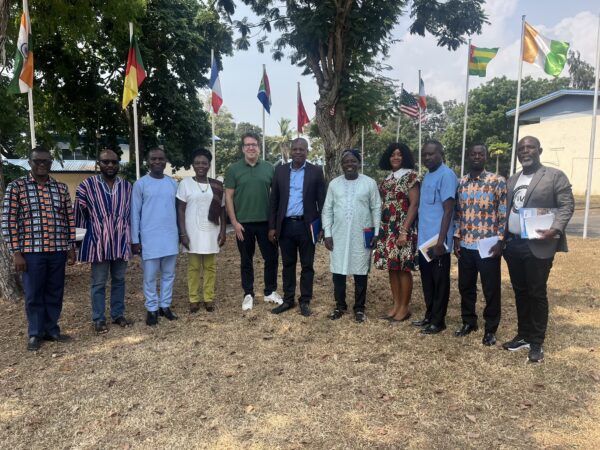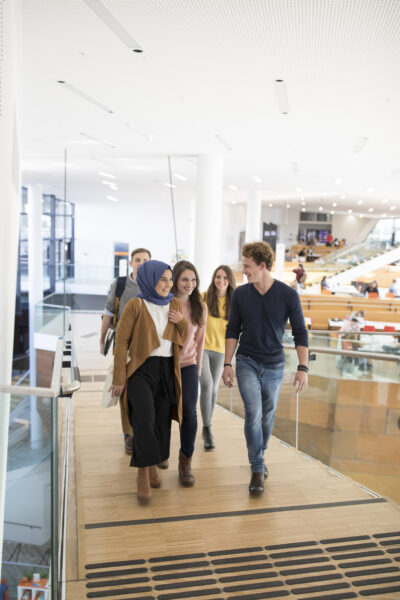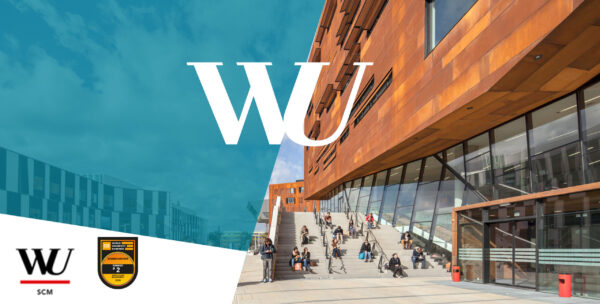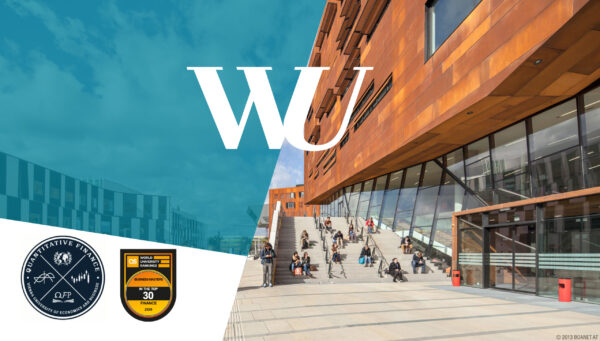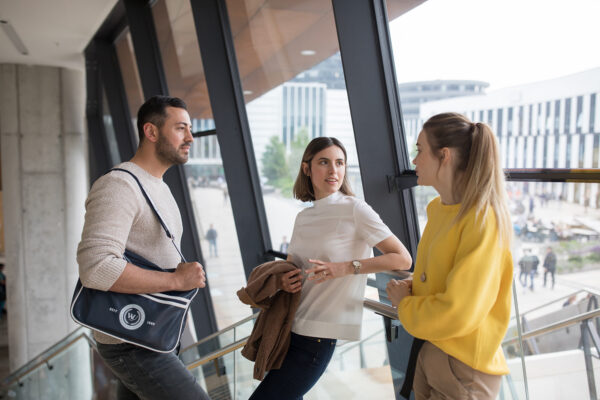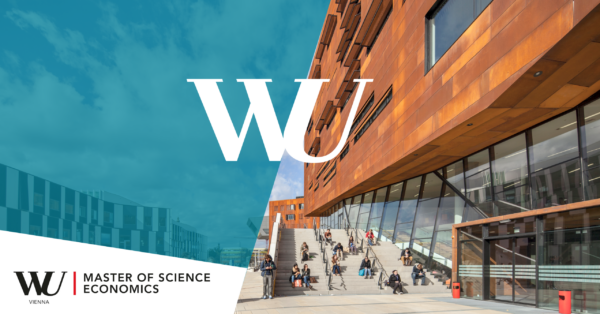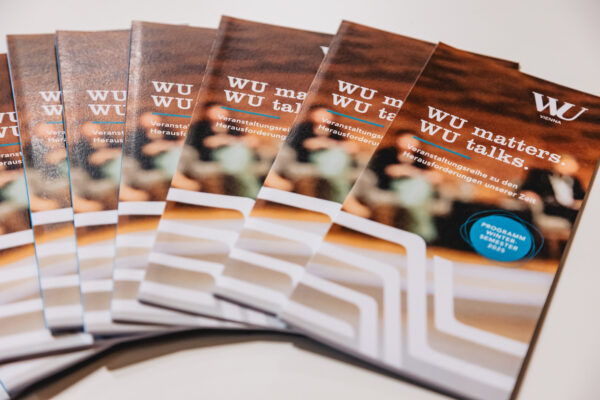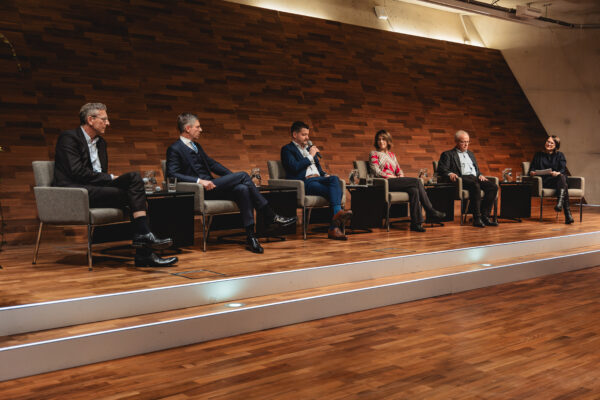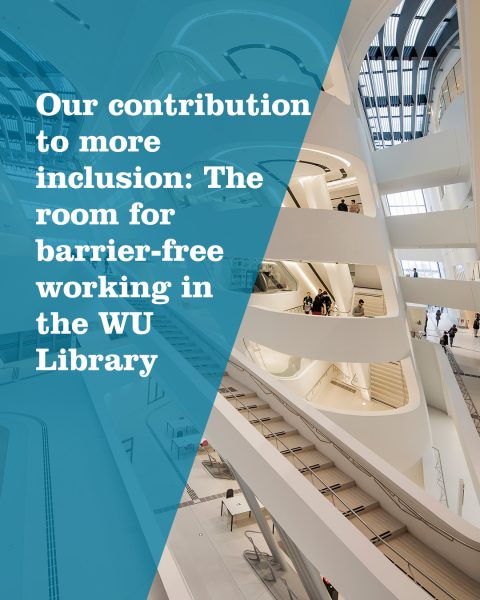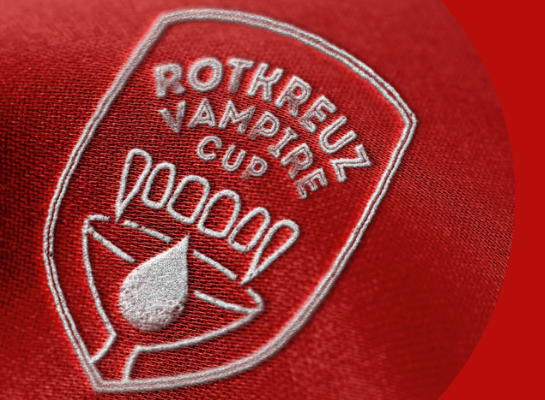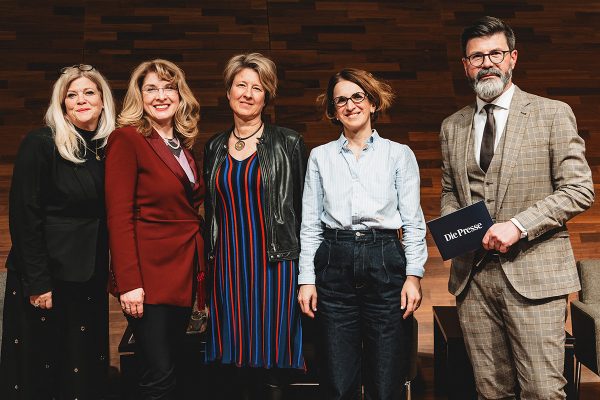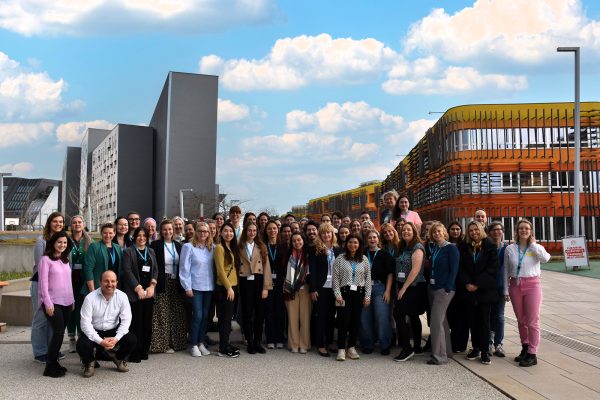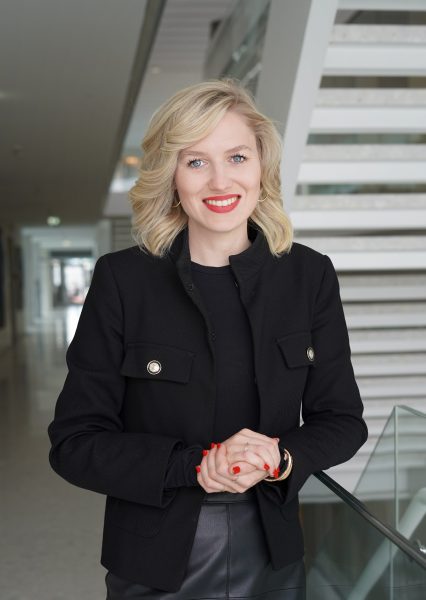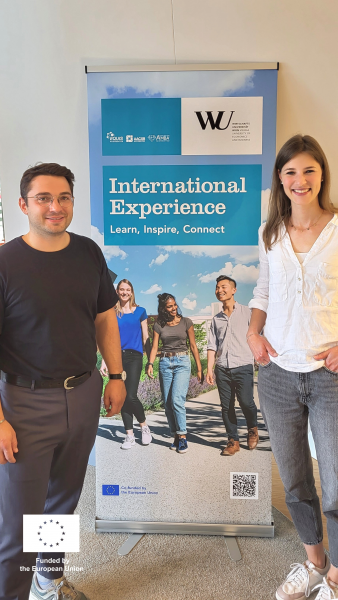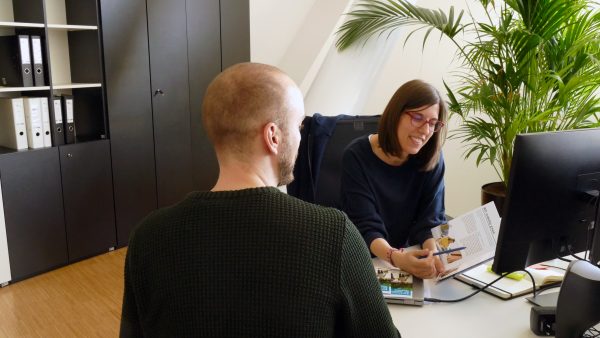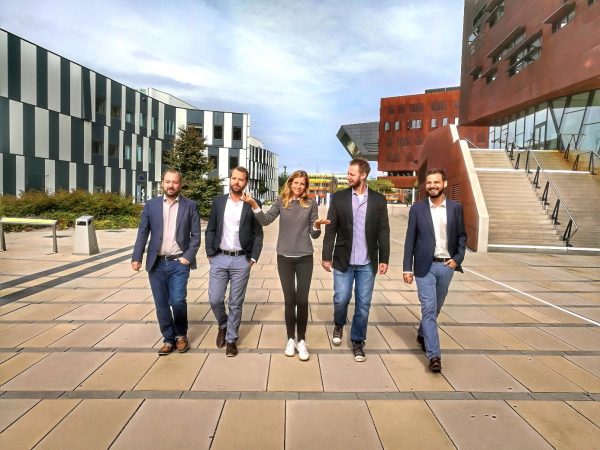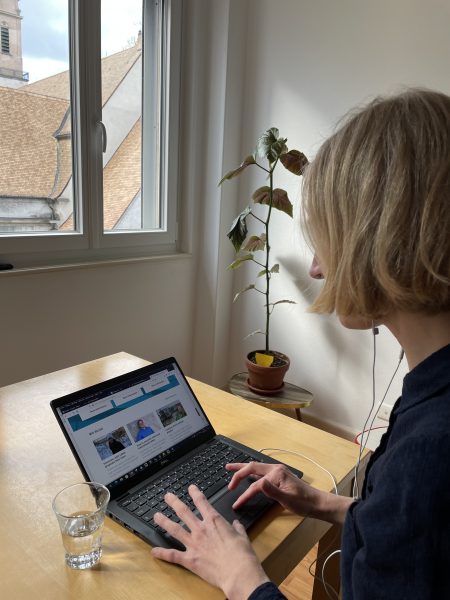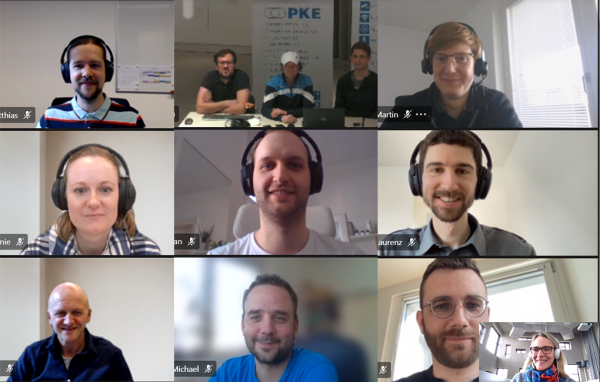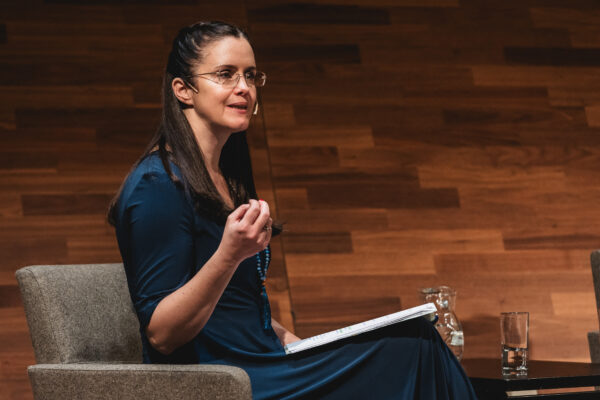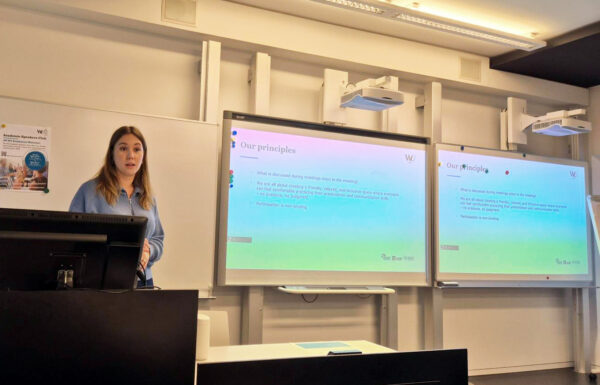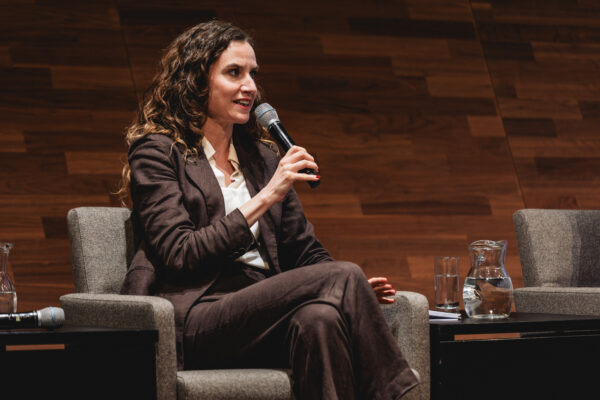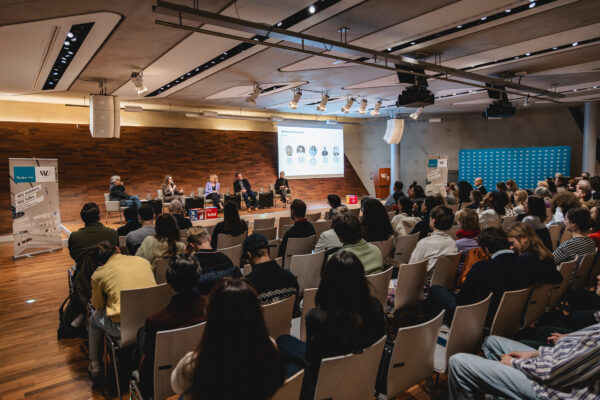“We want to improve your daily life as a student!”
What would you think of an app that has different functions and features that improve your everyday life as a student at WU? This was exactly the goal for ten teams of students who worked on ideas during the DigiEduHack to develop a university app sponsored by the Federal Ministry of Education, Science and Research. But what exactly was it all about?
“Improve the students’ everyday life by leveraging the capabilities of a smartphone (app)” was the motto of the online idea hackathon. The challenge focused on finding solutions that make the students’ everyday life easier by using new technologies. The goal was to generate ideas in addition to the app’s core functions agreed upon with the ministry (electronic student ID card, NFC as door opener and chatbot function).
Global DigiEduHack
The hackathon was embedded in the DigiEduHack initiative, which addresses challenges in education through co-creation within the framework of the Digital Education Action Plan of the European Commission. In mid-November 2020, worldwide more than 60 hackathons with over 2,600 registered participants took place simultaneously. Our Mobile First Hackathon attracted 50 participants from more than ten universities and the private sector. In ten teams the participants hacked solutions for the new university app.
During the two-day event they have been supported by seven mentors from different disciplines and learned the most needed skills to solve our challenge during four workshops. After the welcome session, the first part of the hackathon was to identify the pain points of the students’ everyday life, followed by a deep-dive into the technological capabilities of a smartphone. After the teams designed solutions, mock-ups were created and finally presented in a three-minute pitch.
“Thank you so much for this incredible opportunity! I had so much fun creating the app.”
As a next step, the insights gained, and the solutions will be evaluated. The selected solutions will then be implemented over the project period of three years.
Our winners
The team “The Tees” (Eleonora Tassan, Tim Sagaster, Stefanie Ziegler and Elena Molinari) was able to convince the jury, which consisted of representatives of all three universities involved in the project, and thus secured the prize money of € 1,000.
The team of four, who have backgrounds in a variety of disciplines (Computer Science & Physics, Digital Communication, Human-Computer Interaction & Design, Software Engineering) first met at the event. Their developed solutions focus on time management as well as a buddy- and location finder. In the team’s solution AI will be used to enable optimized, personalized time management for tasks. The Buddy Finder helps students to network with each other in order to study together or master a group assignment. By adding interests, skills and their available study time to their profile, students will be brought together with other students with a similar mind- and skillset.

You can find out more about the features of their solution on the DIgiEduHack website.
What’s next?
The winning team will now move on to the next round and submit their idea to the global Steering Group of the DigiEduHack Initiative, which evaluates all winning teams from the hackathons held worldwide on the topic of education. The three winners of the global competition will receive an additional 5000€ each.
Together with the University of Graz, WU has shown that even Corona can’t stop the cooperation between universities and ensured a smooth online event. The participants also seem to have enjoyed the event: “Thank you so much for this incredible opportunity! I had so much fun creating the app. Well, you did an amazing job as organizing team, I have never participated in an event that ran so smoothly! Thank you so much to everyone for all of your work and effort,” summarized a participant of the Mobile First Hackathon.
About the Hackathon
The Mobile First Hackathon was initiated by the newly created WU Innovation Office and the IT Services of WU and organized in cooperation with the University of Graz and VetMed Vienna. The goal of the two-day online idea Hackathon was to generate ideas for a university app, which is being developed as part of the Mobile First for Students project funded by the Ministry of Education, Science and Research. The hackathon was embedded in the global DigiEduHack Initiative.
